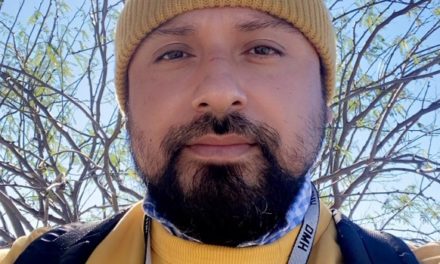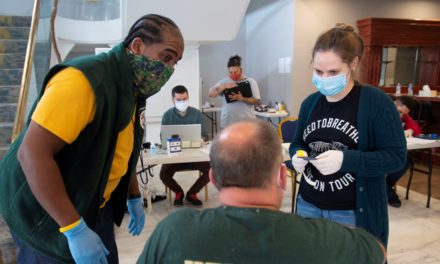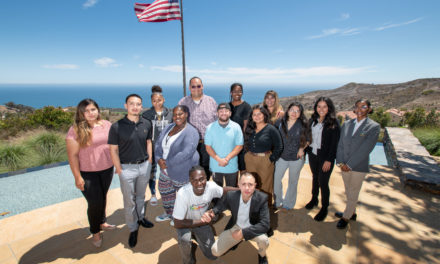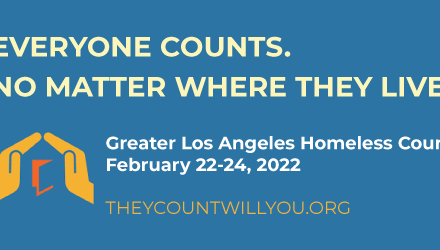Alexandria Britton (Ali) has experienced behavioral health issues all her life. She began therapy at age four, and although initially diagnosed with Oppositional Defiant Disorder and ADHD, her symptoms and diagnoses increased with age to include depression; audio, visual and tactile hallucinations; and personality disorders.
Throughout her childhood, she was bullied, hyperactive, and unable to follow directions. She never understood why she behaved the way she did, so how could others? She never felt “normal” or accepted or had any friends. Her mother worked as a flight attendant, and often left her care to an alcoholic grandmother who ignored her, exacerbating her condition.
Her first hospitalization came at age 12 in UCLA’s Neuropsychiatric unit, where she spent a year without improvement. She was bullied on the unit and fought back; staff gave her consequences, including placing her in isolation, at times that meant spending 24 hours naked in a frigid empty room. She got her period while on the unit and didn’t know what was happening. She expressed that she might like women and from that point on was accompanied solely by males — even while taking a shower and speaking with doctors. After being discharge at UCLA, she attended public high school but was too hyperactive, got into fights, and cut herself, so was again hospitalized at Pine Grove from ages 15 to 16. She never made friends, was bullied and violent, and felt like nobody listened.
Abuse and feeling misunderstood in treatment facilities deeply impacted Ali Britton. She felt dehumanized, isolated, and like her existence was “not meant to be.” The lack of understanding and support from staff left her feeling defeated. Being restrained and subjected to physical and verbal abuse caused further trauma. While in treatment, Ali felt bad for her own actions—like things were her fault, even though she recognized the staff provoked her at times. The negative experiences seemed to undermine Ali’s treatment and recovery process as a teenager.
Ali finally “arrived” after attending school at The Help Group, where she found support and connection during her teens. She was even voted most popular and student council president. She graduated high school and tried community college but got off track and began drinking and doing drugs. Her best friend took their own life at 21, and Ali thought about doing the same.
In 1994, she sought treatment at West Valley Mental Health Center (WVMHC), where it took four years to get the right mix of psychotropic meds. “There are side effects nobody prepares you for — like drooling on Clozaril or unexpected bowel movements on lithium.” Ali was treated for 20 years with Dr. John Steven Hollenberg at WVMHC, until he retired in 2023. But it was when LaTina Jackson asked her to be a volunteer in 2003 that she found her calling: helping others avoid the suffering she went through. She started running groups, facilitated the warm line, and worked with SB82 and the HOME team (2018).
“I want to connect with people in a way that’s humanizing for them,” she said.
Today, Ali is 29 years clean, stable on her meds and works as a Community Health Worker, Certified Peer Specialist, Housing Specialist, and admin support person for DMH’s Prevent Homelessness Promote Health (PH²) program. She loves what she does. Ali was even asked by DMH Director Lisa H. Wong to throw out the first pitch at the Dodgers opener in 2023.
Ali offered her perspective on the importance of building trust and being human when working with those living on the streets with mental health issues.
“What our team does is magical,” she said. “I want people to feel like they’re not alone. Giving back is my passion, and that’s all I want to do.”





